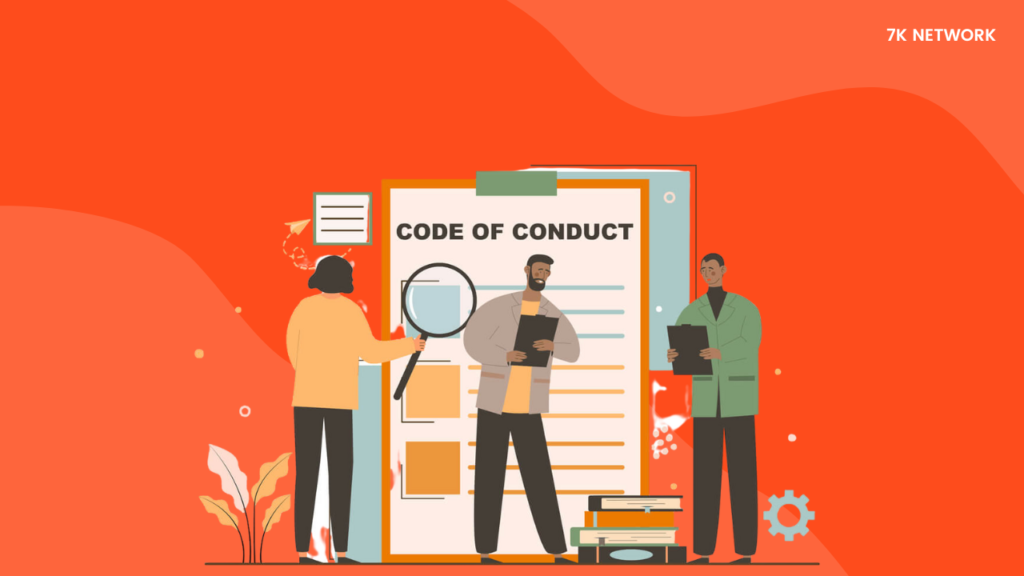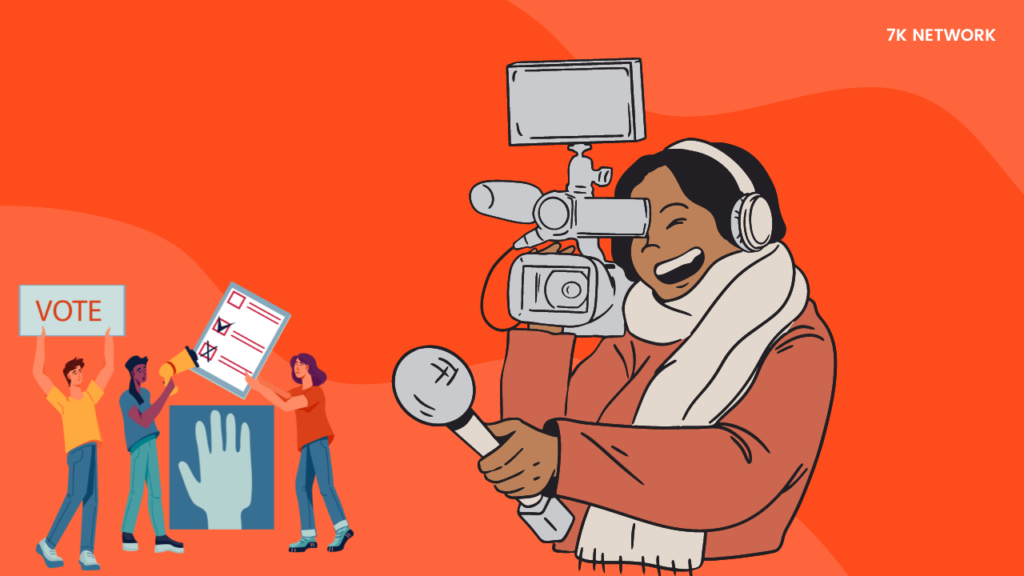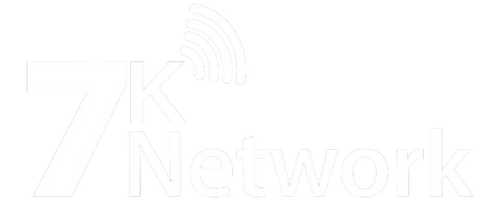Coverage during elections: In order for a democracy to run smoothly, the media are absolutely necessary. Discussion of the media’s roles within electoral contexts frequently centres on their “watchdog” role: by unrestricted scrutiny and discussion of the successes and failures of candidates, governments, and electoral management bodies, the media can inform the public of how effectively they have performed and help hold them to account. However, the media also play additional roles in promoting widespread public engagement in elections:

- Providing a platform for political parties and candidates to express their message to the people, reporting on the evolution of an election campaign, educating voters on how to exercise their democratic rights, educating the public on how to voice their issues and ideas.
- By allowing debates between the parties and candidates, reporting results, keeping track of the vote count, scrutinising the election itself, including electoral management, to assess its fairness, effectiveness, and integrity, and by disseminating information that, to the extent possible, avoids inciting violence, we can help prevent election-related violence.
- Although the media are not the only source of information for voters, they increasingly control the political agenda in a world dominated by mass communications, especially in less technologically advanced nations.
According to a report by the Cairo Institute for Human Rights Studies
- The media is crucial in keeping the society informed about current affairs and increasing awareness of numerous issues in any community.
- Additionally, it has a hugely important influence on the opinions and thinking of the general people.
- The media is the main tool used to shape and occasionally manipulate public opinion.
- If the media plays this role, then in the usual course of events, it becomes much more important during extraordinary times, one of which is when elections are taking place, when the media becomes a key actor.
Code of conduct of reporters during elections
The majority of the moral and professional dilemmas that journalists run into when covering elections are variations of those that they deal with on a daily basis. But during elections, these problems and conundrums might show up in particular ways.

Examples of such ethical challenges in the workplace include:
- Newsworthiness versus fair and detailed reporting :
The unusual or noteworthy aspects of an event that are of particular interest and are consequently usually the focus of news coverage. However, voters need a fair and impartial presentation of the platforms and objectives of the various parties (which may be far from distinct or interesting). How can the media balance providing news with doing good for the community?
- Election process integrity vs. transparency :
The ability of the media to examine and reveal election fraud is one of the key reasons why it is so important in democracies. However, security and confidentiality are equally essential for the successful conduct of an election. It is a challenge for legislators and those in charge of creating election legislation to strike a balance between these two factors. But journalists themselves also face a practical problem with it on a daily basis.
- Reporting offensive speech:
Politicians are more prone to voice extreme and inflammatory views during election campaigns, with the goal of influencing big audiences. Yet it is arguably contradictory because while election campaigns are times when these sentiments frequently have unpleasant effects or consequences, elections are also times when the freedom to express opposing political ideas is of the utmost importance. Policymakers need to find a solution to this conundrum’s regulatory ramifications. The difficulty for journalists is to accurately and in a way that is least likely to incite violence report on heated political rhetoric.
- Election coverage resources:
Especially in the developing countries, media institutions frequently run on meagre budgets, and reporters are sometimes paid badly. Several ethical issues for editors arise as a result of this. What should a media outlet do, for instance, if not enough journalists are available to cover an election? What about the necessary funding and communication resources? For others, one solution has been to permit journalists to earn “per diem” or “honoraria” or other material rewards for covering a story—sometimes by a candidate or contestant—a practice that, despite its widespread use, is actually bribery and harmful to impartial reporting.
Reporting during election
Journalists benefit from sufficient training, assistance, and practice in order to report elections in a professional manner. For example, journalists need be knowledgeable in the following extra fields:

- Knowledge of the political and electoral processes.
- Knowledge of the entire electoral process.
- Knowledge of electoral law, particularly as it relates to media reporting.
- Recognizing the media’s role in covering elections..
- Understanding the history of elections in the nation.
- A thorough understanding of the procedures involved in voter registration, border definition, voting, tallying, and any other pertinent concerns (such as the use of technology in voting or the use of postal votes, if these are potential matters of controversy).
- The competitors, their networks, connections, leadership, and other factors
- The responsibilities that men and women play differently in elections and the measures being made to secure women’s involvement
- Reporting styles that are primarily focused on elections (such as reporting opinion polls)
- Coverage and security of the election
- The use of new media in relation to citizen journalism, candidate campaigns, and election coverage.
- Investigative reporting in relation to elections.
- Opinions of the elections and candidates in the public.
- Information about the elections that the audience requires.
Conclusion
So this is the information about coverage during elections. Broadcast news organisations should be on the lookout for any indicators of vote anomalies while the election is still taking place and ensure that they are reported to election officials.
There are several countries that have little or no experience with democratic institutions are particularly susceptible to election rigging, and it is crucial that this aspect of the narrative be covered. Election observers are frequently sent by the United Nations and other international organisations to track the course and outcomes of an election. In order to publish the findings of these investigations, broadcast news companies should stay in constant communication with international observer teams.
The national election commission should also have reporters assigned to it so they can cover it and report on any and all complaints that are made about any anomalies. Coverage during elections is not a easy task, but if is not difficult at all.
Visit 7k Network’s Blog section for more information related to digital jouranalism. And if you are inetrested in News Portal Website development services then you can contact us.

